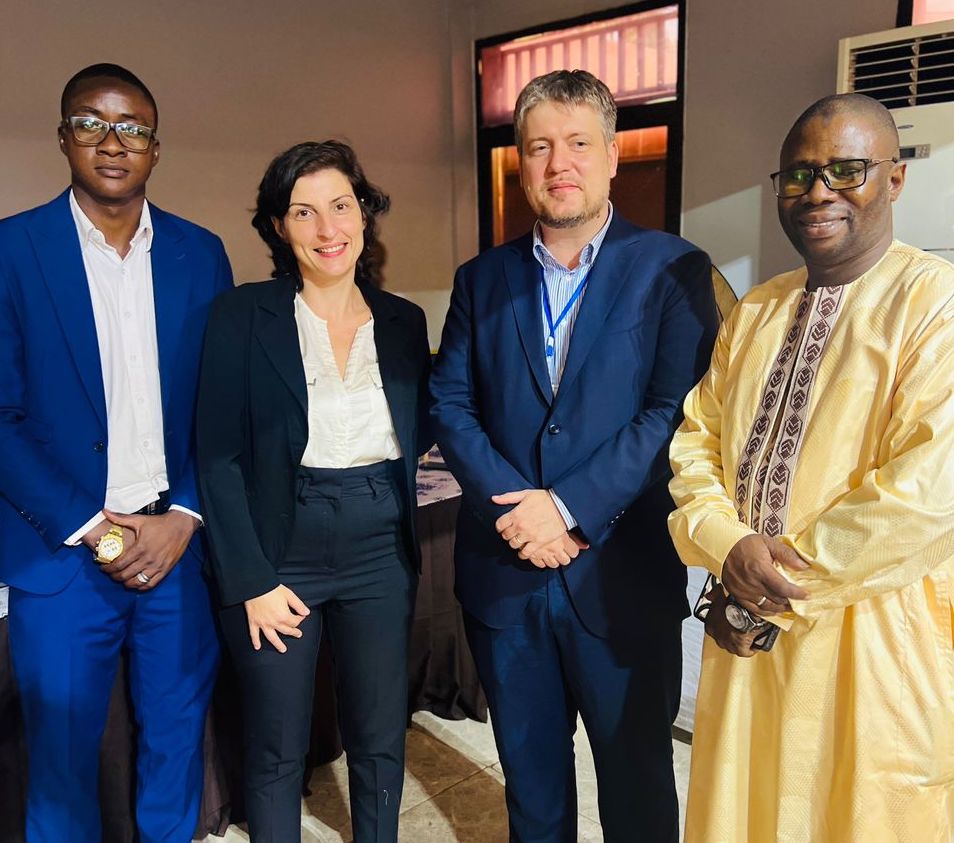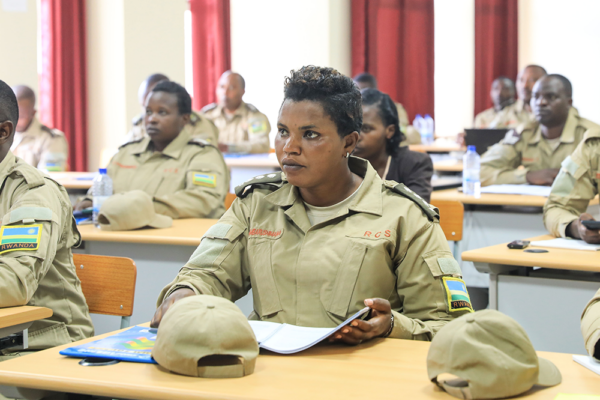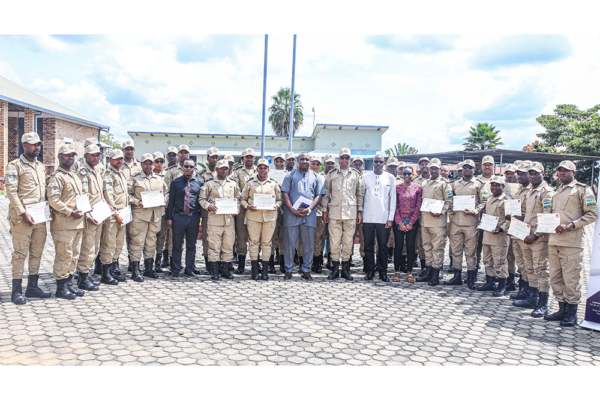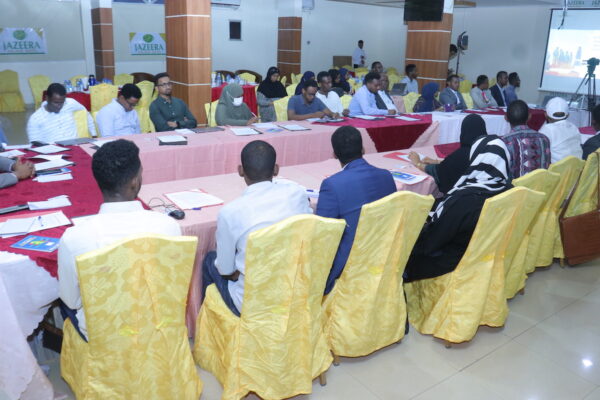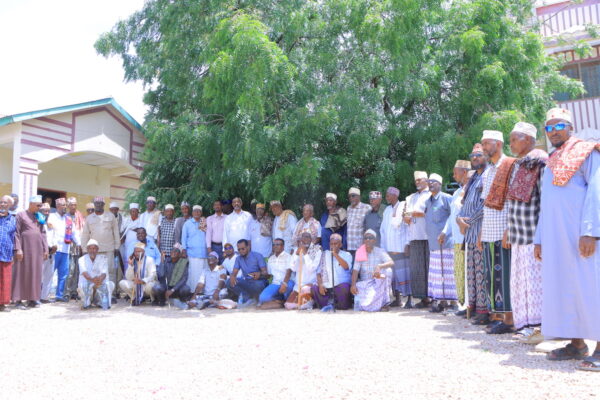Côte d’Ivoire: understanding university violence for better prevention
Since the late 1990s, Côte d'Ivoire's universities have been constantly troubled by episodes of violence. When it's not the students who are confronting each other, it's the tensions between them and the forces of law and order that inevitably lead to damage of university infrastructure, destruction of private property and, worse still, loss of life. Today, the victims of this violence are countless. And the impunity apparently enjoyed by the perpetrators is just as questionable as the ability of the response provided by the authorities and the various players, alternating between repression and attempts at mediation, to address the structural causes of this violence.
To gain a better understanding of the dynamics fuelling this almost uninterrupted cycle of tension and violence, for better prevention, Interpeace and its partner Indigo Côte d'Ivoire have conducted a Participatory Action Research (PAR) process on the issue. In 2021 and 2022, students, as well as teachers, administrative staff and decision-makers, were engaged in collective reflection and dialogue in three of the country's public universities: Nangui Abrogoua in Abobo-Adjamé, Alassane Ouattara in Bouaké and Félix Houphouët-Boigny in Abidjan-Cocody.
The research was supported by the United Nations Development Programme (UNDP) and the United Nations Population Fund (UNFPA), with funding from the United Nations Peacebuilding Fund. It was supported by the Ministry of Reconciliation and National Cohesion and the Ministry of Higher Education and Scientific Research (MESRS).
The first observation revealed by this research is that it would be wrong to think that violence is only due to episodic clashes between students. The causes are multiple: they stem both from internal campus dynamics, and from influences that can be attributed to actors outside and around the university. Beyond the already well-documented union rivalries, problems of academic governance, access to cultural services and power are fuelling human losses, material destruction and sexual and economic violence. Truly inclusive mediation and dialogue mechanisms are needed to prevent this situation.
A "culture of violence" is part of the collective action of university unions, which claims not to be heard if they don't resort to it. But above all, this approach leads to inequalities in access to university services, competition for resources and blockades imposed, if necessary by force, on both the administration and the members of these unions. More dialogue and democratic representation must be guaranteed. Faced with impunity and insecurity, teaching, administrative and technical staff are underperforming.
More exposed to threats, young women are sometimes forced to abandon their university studies in the face of the sexual and gender-based violence (SGBV) to which they are subjected, due to a climate of virtual impunity and difficult study conditions. Some are forced to sleep in lecture theaters and wash in university toilets, in the absence of suitable accommodation. Sexual harassment and rape are regularly observed in this university ecosystem. The perpetrators may be ordinary students or people in positions of power, such as lecturers, student movement leaders and support staff. Prevention measures, as well as reporting and victim support mechanisms, are inadequate or sometimes non-existent.
In addition to the problems associated with players directly involved in the academic environment, some political entrepreneurs also bear a share of the responsibility. By sponsoring certain university unions, they in turn obtain a mass of support from their rivals in the national political competition, with some students creating violence in the political arena. This endorsement often also protects these young people from sanctions and any form of conviction for the criminal acts they commit on university campuses, again reinforcing impunity. Another source of tension is that a trade union can sometimes be coveted by two political entrepreneurs, opening the field to a struggle for control.
In the face of these difficulties, the research recommends more mechanisms to combat impunity and more inclusive university governance based on consultation. For several years now, a number of associations have been trying to reduce university violence. But they do not address the structural causes, and are often rejected by the unions. Their role needs to be recognised, and a dialogue established between the various players.
Dr Séverin Kouamé, sociologist and Executive Director of Indigo Côte d'Ivoire, asserts that "through dialogue, sympathetic listening and conciliation, it is possible to put in place a form of governance that is inclusive of the different sensibilities that make up the academic world, and thus dry up the fertile ground on which violence thrives on our campuses".
In the three institutions where the research was carried out, more and more people among the stakeholders, whether perpetrators of violence or victims, are calling for a change of attitude. The time has come to "pacify Ivorian universities for good".

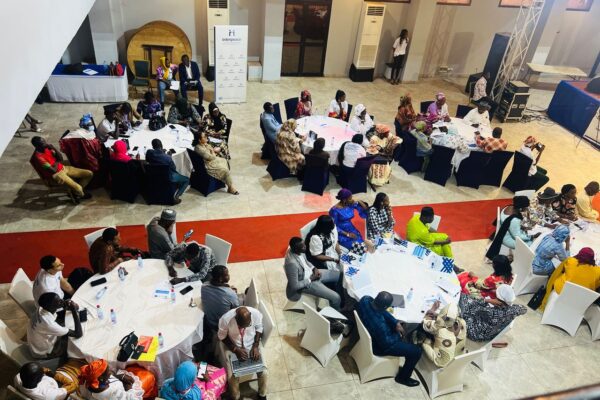
 Among the speeches made at the launch of the project, Ndeye Sow, representative of the Minister for the Promotion of Women, Children and the Family and advisor in charge of women's empowerment, noted that the project "comes at just the right time, as it responds perfectly to the concerns of the highest authorities of the transition for the emergence of a new Mali". "We can only welcome this great initiative", she added.
Among the speeches made at the launch of the project, Ndeye Sow, representative of the Minister for the Promotion of Women, Children and the Family and advisor in charge of women's empowerment, noted that the project "comes at just the right time, as it responds perfectly to the concerns of the highest authorities of the transition for the emergence of a new Mali". "We can only welcome this great initiative", she added.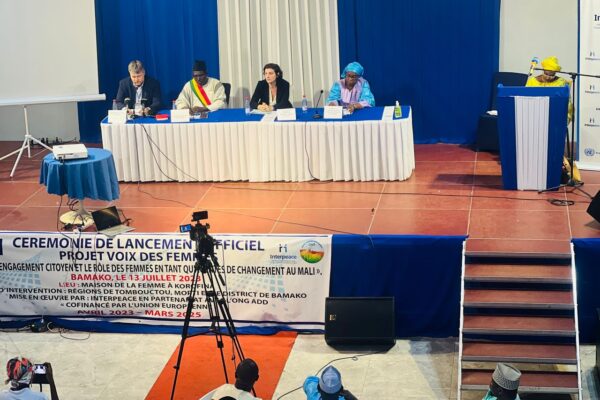
 This commitment is by no means a first for Interpeace in the country. Having been present since 2013, the organisation had already carried out an extensive assessment of Mali's peacebuilding challenges. In this participatory action research (PAR) involving over 5,000 people in eight regions of the country and in refugee camps in three neighboring states, it identified the main obstacles to progress as being the erosion of societal values, lack of access to employment for young people andproblems of governance and insecurity.
This commitment is by no means a first for Interpeace in the country. Having been present since 2013, the organisation had already carried out an extensive assessment of Mali's peacebuilding challenges. In this participatory action research (PAR) involving over 5,000 people in eight regions of the country and in refugee camps in three neighboring states, it identified the main obstacles to progress as being the erosion of societal values, lack of access to employment for young people andproblems of governance and insecurity.